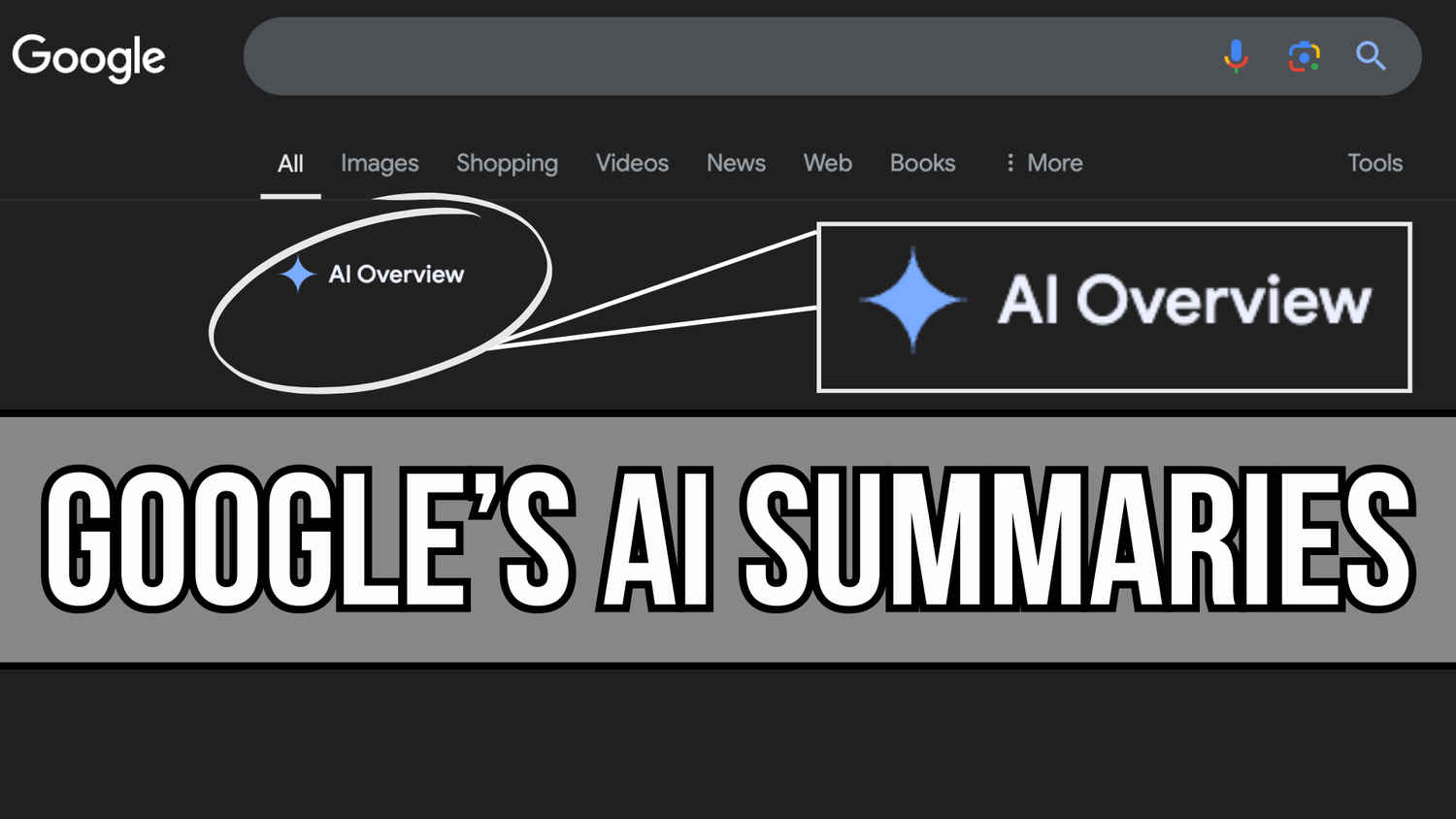I’ve been reflecting a lot lately on the changes sweeping across the digital landscape, particularly with Google’s introduction of AI-generated summaries in search results. At first glance, these summaries seem like a handy tool, giving us quick snippets of information without the need to click through to full articles. But when I dig a little deeper, it becomes clear that this convenience comes at a significant cost—not just to publishers, but to readers like you and me, and ultimately to Google itself.
Let’s start with the publishers. These are the organizations and individuals who invest countless hours and resources into creating the high-quality content we consume daily. With Google’s AI summaries providing key information upfront, users have less incentive to visit the original websites. This means fewer clicks for publishers, leading to a drop in ad revenue, subscriptions, and overall engagement.
As publishers, we craft our articles with care, adding depth, context, and a unique voice. But when our content is reduced to a couple of sentences on a search page, we lose the opportunity to connect with our readers. This reduction in traffic doesn’t just affect the bottom line; it undermines the relationship between publishers and their audience. The trust and loyalty built over years can erode when readers no longer engage directly with the source.
Also Read: Gadget shopping hacks with a twist
Readers get shortchanged
Now, let’s consider how this affects us as readers. When publishers see diminishing returns from their content, they’re forced to adapt. Some may decide to produce more generic, click-friendly pieces tailored to fit AI algorithms, stripping away the nuanced analysis and distinctive voices that make journalism engaging and informative.
Imagine reading article after article that feels bland and impersonal because it’s been optimized for AI summarization rather than human connection. The richness of diverse perspectives, in-depth reporting, and thoughtful opinion pieces could give way to homogenized content that fails to challenge or inspire us.
Moreover, if high-quality publishers start pulling out or paywalling their content due to revenue losses, we might find ourselves with access only to lower-quality sources. This not only diminishes our reading experience but also poses a risk to how well-informed we are about the world.

The inevitable consequence for Google
You might think that Google benefits from keeping users on its search page, but this strategy could backfire in the long run. Google’s search engine is only as valuable as the quality of the content it can provide access to. If publishers reduce the quality or quantity of their content, or restrict Google’s ability to index it, the overall usefulness of Google’s search results declines.
Users may begin to notice that the information they’re getting is less reliable or lacks depth. Trust in Google’s ability to deliver accurate and comprehensive search results could wane. In a digital age where alternatives are just a click away, this could lead users to seek out other platforms or search engines that prioritize quality content and respect the publisher-reader relationship.
Connecting the dots
Connecting the dots, it’s clear that Google’s AI summaries initiate a domino effect. Publishers suffer first as reduced traffic leads to lower revenue and forces them to alter their content strategies, often at the expense of quality and originality. Readers feel the impact next; we receive less engaging, less informative content, the diversity of voices shrinks, and the depth of journalism declines. Ultimately, even Google stands to lose. As the quality of content decreases, so does the value of Google’s search results. User trust erodes, potentially driving people away from the platform.
Is convenience worth the cost?
While the allure of instant information is strong, it’s worth questioning whether this convenience is worth the broader costs. High-quality journalism and content creation are pillars of an informed society. They foster critical thinking, hold power to account, and enrich our cultural landscape. By disrupting the ecosystem that supports these endeavors, we risk not only the livelihoods of those who create content but also the quality of information available to all of us. In the end, an internet filled with generic, soulless content benefits no one—not publishers, not readers, and not even the platforms that host it.
Where do you stand on this issue? Do you see AI-generated summaries as the way forward, or do you fear they might commoditize journalism and ultimately destroy its true essence? I invite you to share your thoughts on this sensitive topic, which has serious implications for the very foundation of the internet as we know it today. Please write to me at soham@digit.in—I look forward to hearing your perspective.

